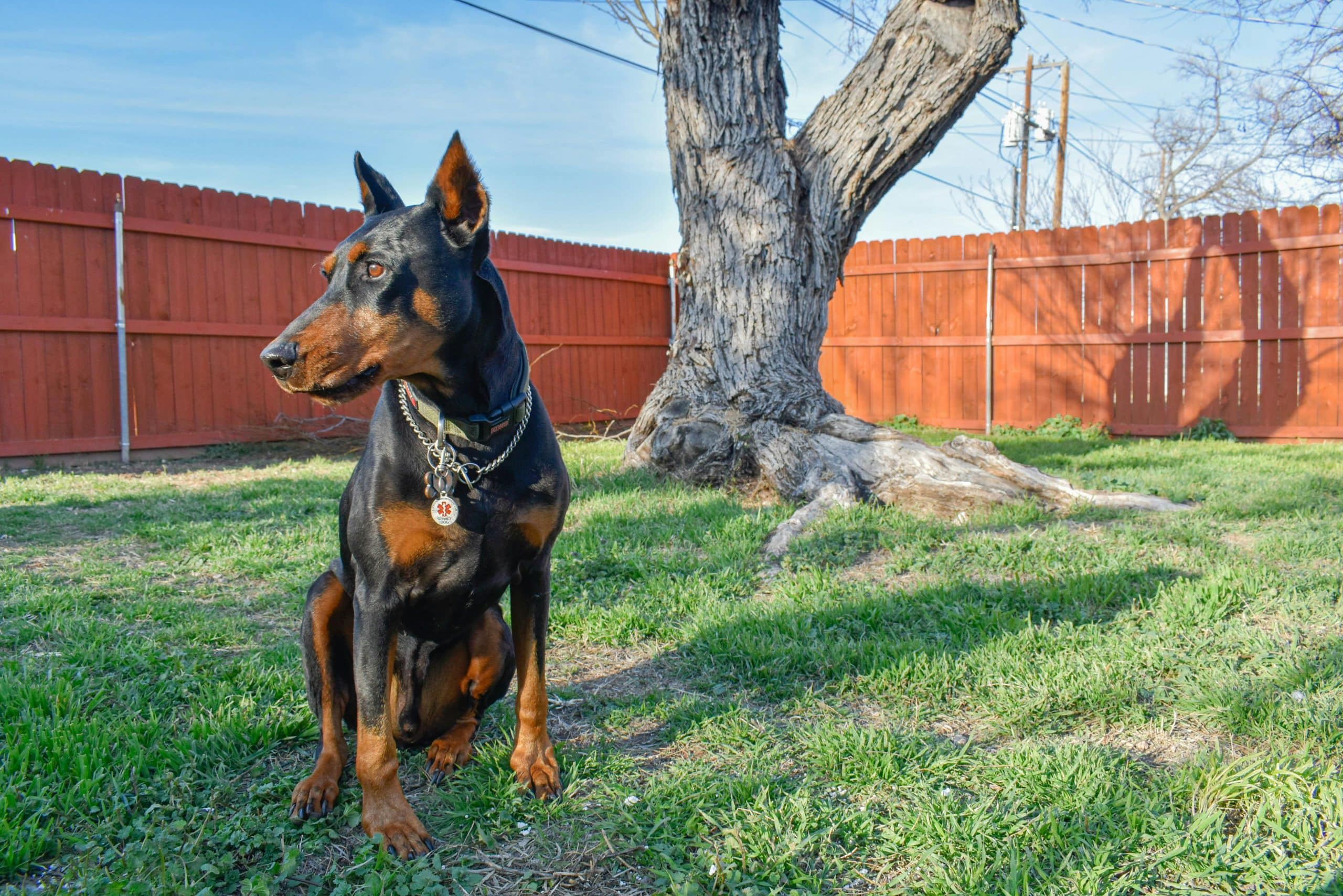What Are the Best Options for Pet-Friendly Weed Control in Your Garden?

Weeds, those pesky, unwanted plants that invade your beautiful garden, are a nuisance that every gardener must deal with. It’s a never-ending struggle to keep your lawn and flower beds free of these invaders. But when you have pets roaming freely in your garden, the task becomes more difficult. You want to keep your garden clear of weeds, but not at the risk of harming your pets. So, what are the best options for pet-friendly weed control in your garden? Let’s find out.
The Importance of Pet-Friendly Weed Killers
Using conventional weed killers can be harmful to your pets. These products are often laden with harmful chemicals that can be dangerous if ingested or inhaled by your furry companions. This is why it’s essential to use pet-friendly weed killers that are safe for your pets while being effective against weeds.
A lire également : What’s the Safest Way to Administer Ear Medication to a Struggling Cat?
Typically, pet-friendly weed killers use natural ingredients that don’t harm your pets or the environment. For instance, some products use a vinegar-based formula that can effectively kill weeds without putting your pets in danger. The acidity in vinegar can break down the cell structure of the weed, causing it to die.
Vinegar-Based Weed Killers
Vinegar is one of the most popular natural ingredients used in pet-friendly weed killers. It’s an effective and safe alternative to harsh chemical-based products. While it might not be as potent as some commercial weed killers, it can still help you keep your garden free from weeds.
A découvrir également : How to Train a Cat to Coexist Peacefully with a Pet Rat?
The best part is that vinegar-based weed killers are safe for your pets. They won’t pose any health risks if your dog, for example, decides to sniff or lick the treated area. However, bear in mind that vinegar can harm some plants and grass types, so it’s best to use it carefully and sparingly.
To make a homemade vinegar weed spray, you only need a few things. Mix one gallon of white vinegar, a cup of salt, and a tablespoon of liquid dish soap. The vinegar and salt will work together to kill the weeds, while the soap helps the mixture stick to the weed leaves. Apply this solution directly to the weeds.
Commercial Pet-Friendly Weed Killers
While homemade solutions are great, some of you might prefer ready-made products. Several commercial weed killers in the market are pet-friendly and effective against weeds. These products usually contain natural ingredients like vinegar, citric acid, clove oil, or other plant-derived substances.
One of the advantages of commercial pet-friendly weed killers is their convenience. They are easy to use and often come in a spray bottle. This allows for targeted application, ensuring that only the weeds are affected and your plants remain safe.
When choosing a pet-friendly weed killer product, make sure to check the ingredients list and verify its safety rating. Look for products that have been certified by reputable agencies as safe for pets.
Weed Control Through Gardening Practices
Another effective and safe way to control weeds in your garden is through good gardening practices. These methods can prevent the growth and spread of weeds without the need for any weed killer, making them perfectly safe for your pets.
Mulching, for instance, can prevent weed germination and growth. By covering the soil around your plants with a thick layer of mulch, you can block sunlight from reaching the weed seeds, thus preventing their growth. Organic mulches like bark chips, straw, or grass clippings not only control weeds but also improve the soil quality as they decompose.
Planting densely can also help control weeds. When you plant your crops or ornamental plants close together, they shade the soil, reducing the space available for weeds to grow. This method can be particularly effective in vegetable gardens or flower beds.
Hand weeding is another safe and reliable way to control weeds. While it can be labor-intensive, it’s completely safe for your pets and allows you to remove weeds without harming your desirable plants.
Natural Pre-Emergent Weed Control
Pre-emergent weed control involves preventing the weed seeds from germinating in the first place. Corn gluten meal, a by-product of corn milling, is an effective and natural pre-emergent weed control substance.
When spread on the lawn or garden, corn gluten meal prevents weed seeds from sprouting. It’s perfectly safe for pets and also acts as a natural fertilizer, providing nitrogen to your plants. However, it should not be used in areas where you plan to sow seeds, as it will prevent their germination.
To summarize, pet-friendly weed control involves smart gardening practices and the use of natural, safe products. Always prioritize the safety of your pets while planning your weed control strategies.
Beneficial Weeds and Their Role in Eco-Friendly Weed Control
Not all weeds are harmful, and some can even be beneficial to your garden. These "good weeds" can aid in soil fertility, attract beneficial insects, and provide food for your pets. Embracing these natural elements and understanding their roles can contribute to a more eco-friendly and pet-friendly approach to weed control.
For instance, dandelions, often viewed as the arch-nemesis of the perfect lawn, are actually very beneficial. Their long roots can help improve soil structure by breaking up compacted soil. They also bring up nutrients from deep in the soil, making them available for other plants. Dandelions are safe for pets and can even be a food source for them.
Clover is another common "weed" that can be beneficial. It’s a natural fertilizer, adding nitrogen to the soil, which can benefit other plants. Clover is also resilient and can thrive in conditions where grass might not, providing a green cover for your lawn. Plus, it’s perfectly pet safe and can withstand the demands of a dog running or playing on it.
Incorporating these beneficial weeds into your garden can be a part of your pet-friendly weed control strategy. Instead of trying to eradicate all weeds, consider cultivating a healthy, balanced ecosystem where beneficial weeds and desired plants can coexist. This not only reduces the need for weed killers but also contributes to a healthier, more diverse garden that’s safe for your pets.
Pet-Safe and Eco-Friendly Weed Control: Conclusion
In conclusion, creating a pet-friendly, weed-free garden doesn’t have to be a daunting task. With an array of natural weed control options, you can effectively manage weeds while keeping your pets safe. From vinegar-based weed killers and commercial pet-friendly products to smart gardening practices and embracing beneficial weeds, there are many ways to achieve a beautiful garden without compromising your pet’s health.
Remember, the key to success lies in being mindful of the products you use and the practices you adopt. Always check the ingredients of any weed killer you plan to use and verify its safety rating. Consider the use of natural ingredients and eco-friendly practices that not only control weeds but also contribute to the overall health of your garden.
Ultimately, your garden should be a safe and enjoyable space for all its inhabitants, including your pets. With careful planning and consistent effort, you can achieve a thriving, weed-free garden that your pets will love. After all, the best pet-friendly weed control method is the one that ensures both the health of your garden and the well-being of your pets.
